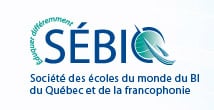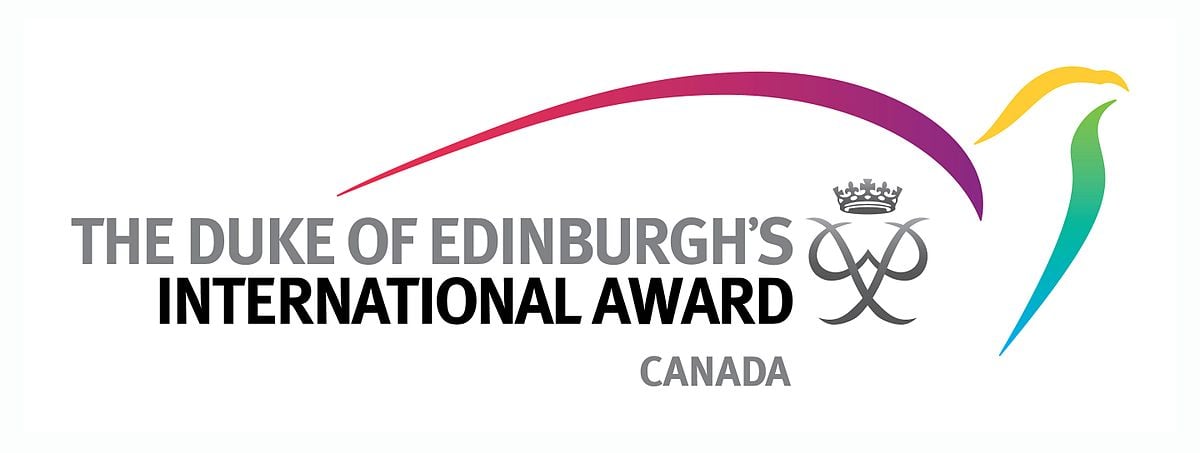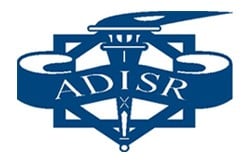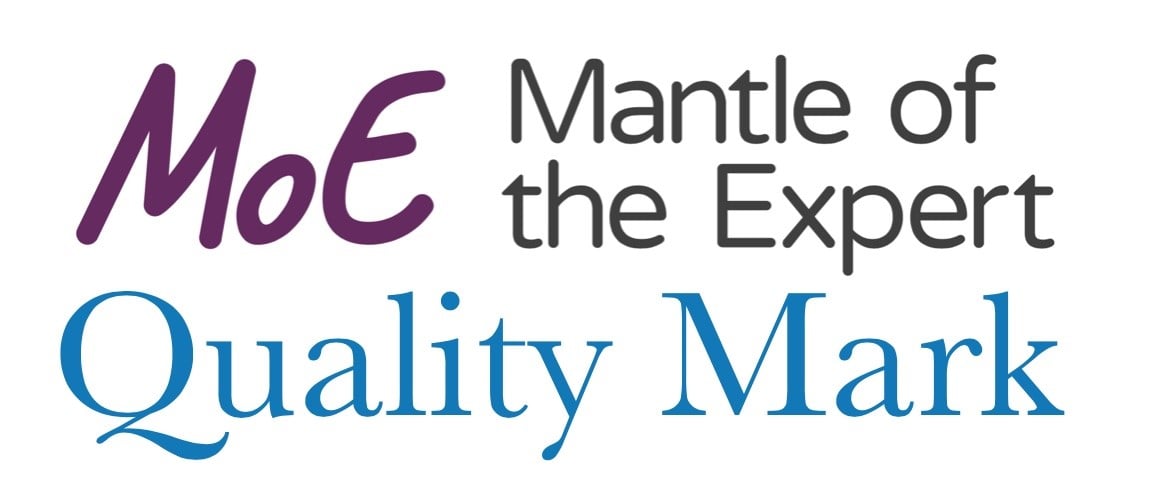Have you been hearing the term ‘soft skills’ flying around a lot recently? Or ‘transferable skills’? Buzzier than springtime bees, these terms are taking over the conversation around education.
As the world continues to change at great pace, so too do ideas on the future of education. How can anyone be sure what lies ahead when jobs themselves are always evolving? Technology may create new opportunities every day, but it is also the human response to the automation of daily life that will define which soft skills are important for 21st century life.
The term ‘soft skills’ refers to skills that are innately human – the things that a machine can’t do for us. At least not yet anyways.
Researchers have been accumulating great swathes of data on the subject, but a sample-sized list of the transferable skills that educators should target includes:
- Creativity: our imaginations fuel for new ideas. Through indulging our natural curiosity, playfulness and confidence, we set ourselves apart from the machines and develop the ideas that power progress.

- Interpersonal skills: whereas a computer is programmed by code, humans have the gift of thought and speech so it would be foolish not to use them. Being able to hold genuine conversations, as well as show flexibility and personability is what makes us appealing to our social circles and future employers. Get ready, it’s time to flex that social muscle!
- Communication: by developing this area, we are countering the two-dimensionality of technology. As much of today’s communication is automated by email and messaging, it is all too easy for someone to misunderstand or be confused by a written communication. It is therefore important to learning how to a good, reliable communicator.

- Emotional intelligence: this enables students to react to situations with appropriate sensitivity, as well as respond with a more rounded, nuanced approach to all kinds of events.
- The two M’s – Time management and stress management: As work encroaches on the moments of life we used to dedicate to personal and family time, learning how to manage their time will help students to also manage their stress. School, with its many support systems, is the right place to begin the journey into organisation and self-management. Without knowing it, students who take this seriously will be taking great steps towards equipping themselves for the future.
.jpg?width=407&name=pexels-stas-knop-2916450%20(1).jpg)
Naturally, the list of important skills for the future does not stop here as you can see in this report.
Technical knowledge and skills in a particular field of work will always be beneficial, and often required of employees. However, these transferable, soft skills will soon be an unwritten specification of equal importance for job applicants, and potentially necessary for navigating and thriving in a future work environment.
What’s more, these skills do not have a purely professional functionality as they are also important for general child development. Possessing strong transferable skills will make for a more comfortable integration into the modern world for our young adults of today.
Katie Harwood













